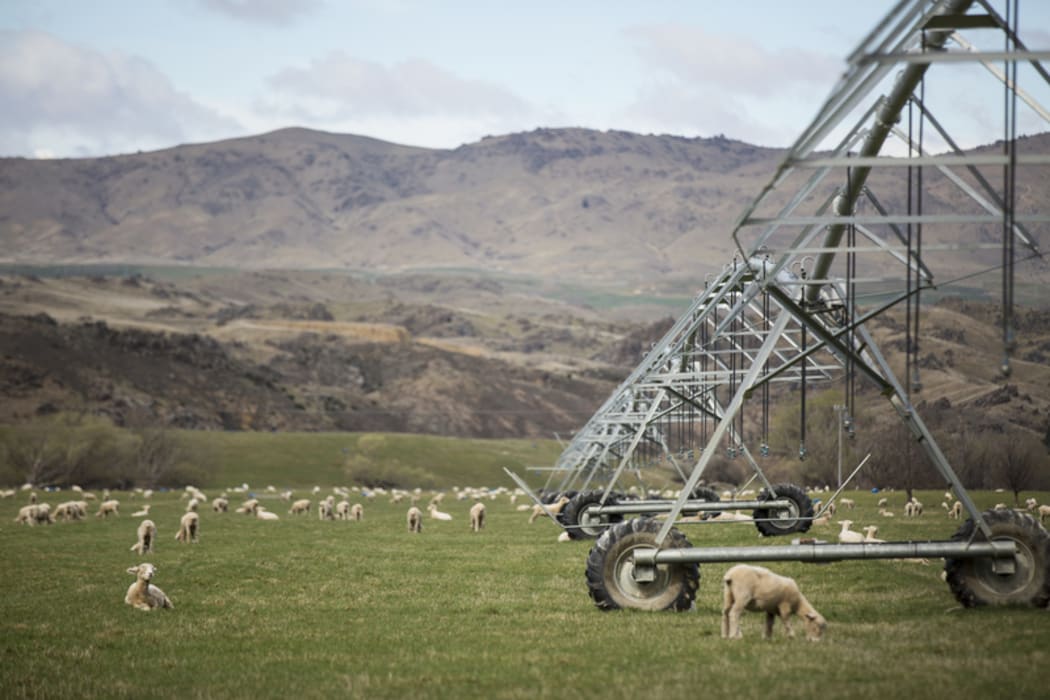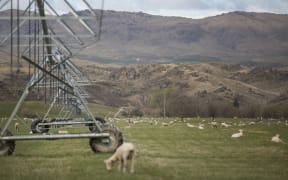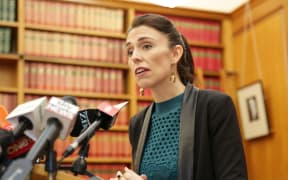Splitting the primary industries into individual portfolios will be more focused and help to drive more value for New Zealand products, the new minister for agriculture says.

Photo: RNZ / Rebekah Parsons-King
The ministers in the Labour-led government were sworn in at Government House this morning.
Labour MP Damien O'Connor is the minister for agriculture, bio-security, food safety, rural communities and the associate minister of trade and export growth.
Labour MP Stuart Nash is the minister of fisheries and New Zealand First MP Shane Jones will head up forestry and regional economic development.
Having one giant ministry under the previous National government diluted the strength of individual sectors, Mr O'Connor said.
"While there has been a general view that building a big organisation creates a lot of capability, it also creates a lot of generalists.
"We really need focus to build real value in every area of primary industries."
A lot of money has been tipped into sectors, with a lack of strategic planning, he said.
"The sectors have done a lot to work faster, to work harder but are not quite sure where they are heading."
The biggest upcoming challenges facing the primary industries were alternative proteins, land use, genetically engineered products, and intensive dairying.
His first focus is to be briefed on the cattle disease mycoplasma bovis, which broke out earlier this year but has since been brought under control with MPI ordering 4000 infected cattle to be destroyed.
"It is probably the highest priority. There have been decisions made post-election in somewhat of a vacuum. I'll need to get a handle on those very, very quickly."
A former minister of agriculture and forestry for Labour said having all portfolios under one ministry might have been too big a job.
Jim Sutton, who is also a farmer, held the agriculture, forestry, bio security and rural development portfolios for Labour in its two stints of government in the 1990s and early 2000s.
He said having one ministry meant there was a lack of expertise in all areas.
"There's been a lot of people parachuted in to run ministries who have no background in them in the last few years, and I don't think that helps at all.
"Breaking them down into specialised units where people become specialists and knowledgable in depth in their own field is the right thing to do at this point."







